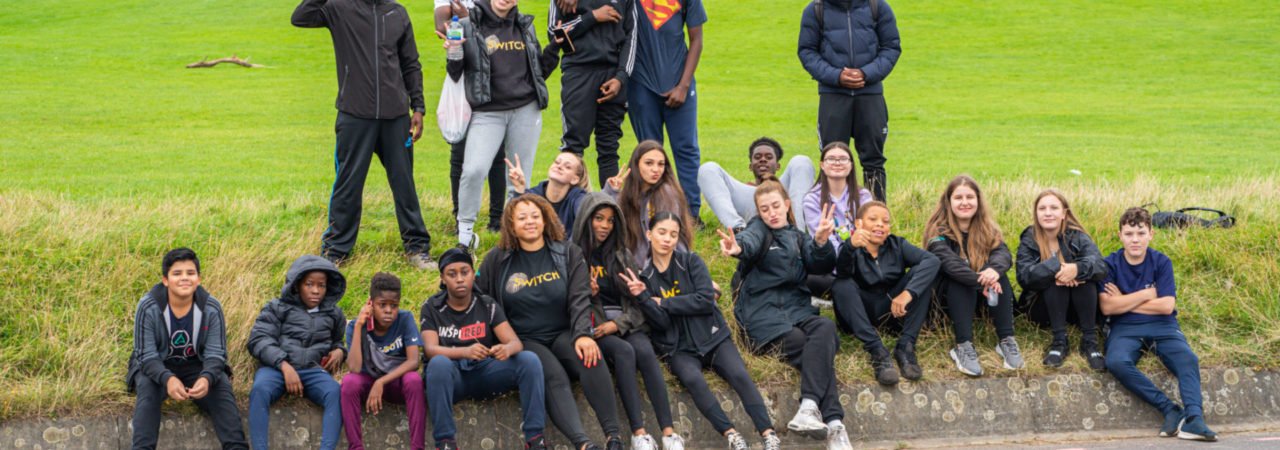Here at LifeLine, when we’re working with young people, you’ll often hear us say,
“If you trust me to tell me, you need to trust me to do the right thing with what you tell me.”
And that means, even if it’s not immediately obvious, we’re doing what we believe is in their best interest.
A lot of what we do to help young people is actions, not just words. And it’s through these actions that we can find out the truth of who they are and the situation they’ve found themselves in. It can take time for a young person to see the results of what we do, but it always reveals itself in time.
This ethos of trust can also be found in our safeguarding procedures, which can be a bit different from other organisations. Disclosures are an extension of the relationship that we build with a young person and their family or carers. Again, it comes back to trust — when a young person wants to tell us something, they know it might not just between them and their mentor. If the need is there, if it means keeping them safe, a mentor will share information, whether it’s with colleagues to decide on the best course of action or a referral to an external service.
Without a voice
The vulnerable young people we’re most looking out for are the ones without a voice – here, we call them ‘amber’. These are the young people who get overlooked – neither the achievers at the top of the class or the troublemakers at the bottom. They’re the ones that appear to be doing just fine from the outside but, when a crisis hits, it becomes clear that they need help too.
Getting feedback from a young person’s family or carers can be essential in learning the truth. It’s critical that you get a better understanding of a young person’s situation from all angles. And with that knowledge, you can start working out what kind of support they need. Family and carers often have issues of their own that affect the young person, so we signpost them to our Parent Champions Network which can provide them with additional support. (Sometimes even they come to think of us as more like family workers than ‘just’ youth workers.)
Keeping safe online
Keeping young people safe in an ever-more-online world is one of the new challenges we must deal with when safeguarding. With the rise of social media over the last decade, online bullying has become a major issue, not to mention other concerns such as questionable/illegal content found online, unmoderated chat, anonymous trolling, and grooming.
When it comes to engaging young people on these topics, we’ve found that peer support is often the best way to get the message through. This is what we mean when we say we want to help young people be ‘agents of change’ – if we can get them to support each other, they’re far more likely to listen.
Online vs in-person support
Due to the extended lockdowns over the last 18 months, a lot of our work had obviously moved online – one-to-one meetings with a mentee held over video call and the like. And while this works in theory, it really should only be treated as a stopgap solution – it’s just not the same as offering in-person support.
For example, one of the major issues we’ve faced is that young people often must make these calls from home, which make them a lot more guarded and less likely to communicate due to worrying about their family potentially overhearing.
Anytime, anywhere
I think that what makes SW!TCH unique is that we’re available if a young person needs us. On top of all the mentoring and other activities we do, we’ll always pick up the phone or answer a message, no matter when. And our work isn’t based around a community centre or office – we’re out there at places and times when others aren’t.
After all, problems don’t contain themselves to office hours and youth centres.



